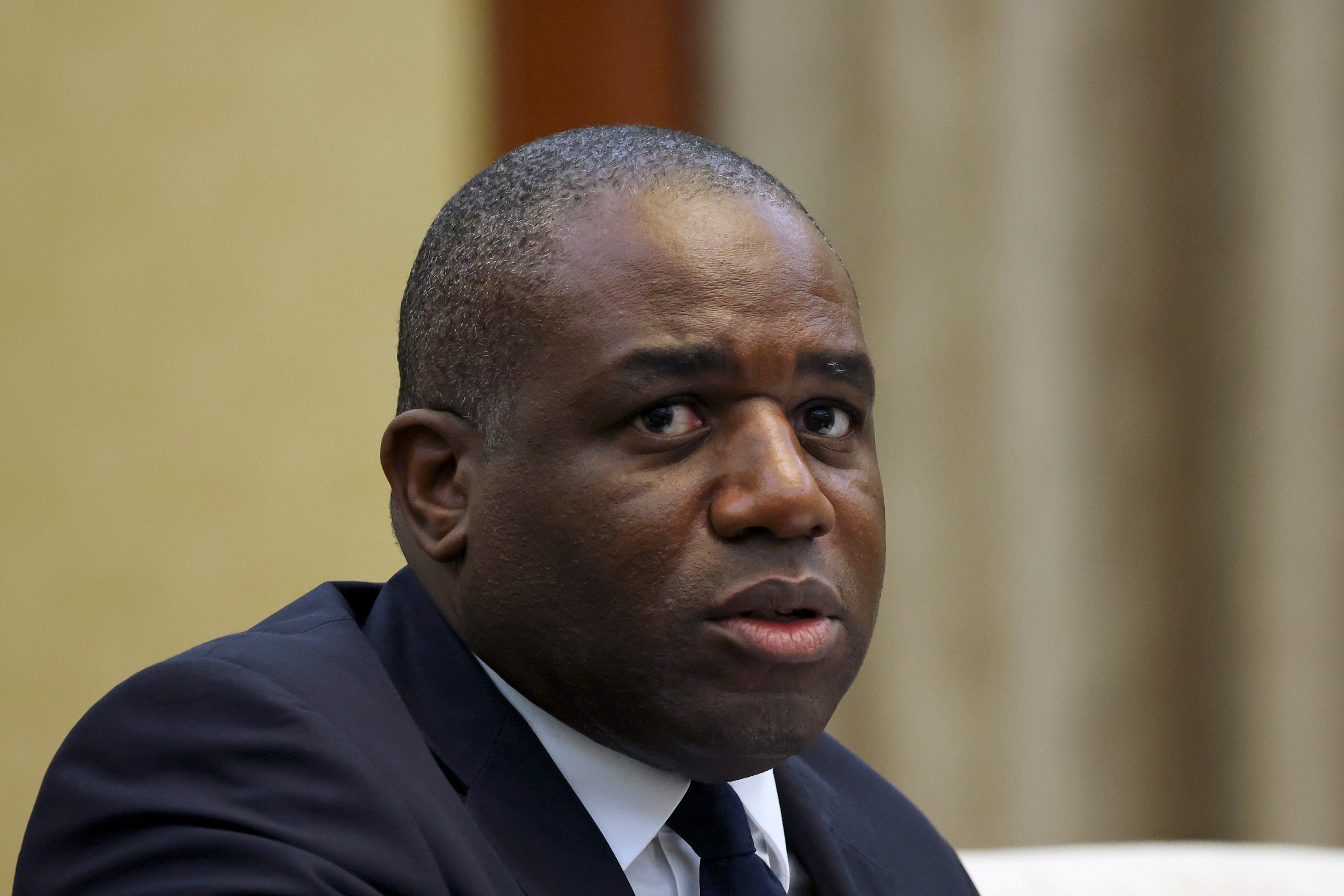Britain's foreign secretary says slavery reparations not about cash transfer
Britain’s Foreign Secretary David Lammy says reparations for the U.K.’s role in the slave trade are not about the “transfer of cash” and reiterated his country’s position that leans toward focusing on the future

Britain’s foreign secretary said Monday that reparations for the U.K.'s role in the slave trade are not about the “transfer of cash” and reiterated his country's position that leans toward focusing on the future.
There have been calls from some of Britain’s former colonies for a reckoning over its role in the transatlantic slave trade, including at the recent 27th Commonwealth Heads of Government Meeting where leaders called for a “ meaningful, respectful and truthful ” discussion of reparatory justice.
During a visit to Nigeria, Britain’s Foreign Secretary David Lammy told the BBC that being a descendant of enslaved people with his parents from Guyana, he recognizes that slavery was “horrendous” and had left “scars.”
However, people want to think about the future and not to debate about reparations, Lammy said.
“It’s not about the transfer of cash, particularly at a time of a cost-of-living crisis around much of the globe, and certainly in the U.K.,” he said.
Lammy said Britain is pursuing a new approach to relations with African nations that will deliver on “respectful partnerships that listen rather than tell, deliver long-term growth rather than short-term solutions and build a freer, safer, more prosperous continent.”
While a handful of nations have apologized for their role in slavery, including the Netherlands, the U.K. — whose wealth was built with the help of the transatlantic slave trade — has never formally done so.
At the recent Commonwealth summit, King Charles III indirectly acknowledged the calls for reparations but added the past could not be changed. He instead urged leaders to find the “right language” and an understanding of history “to guide us towards making the right choices in future where inequality exists.”
Bookmark popover
Removed from bookmarks